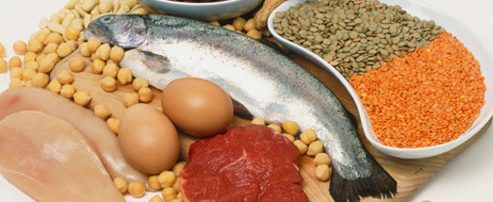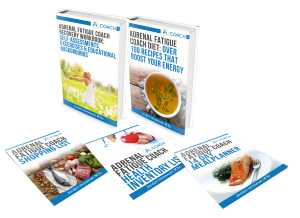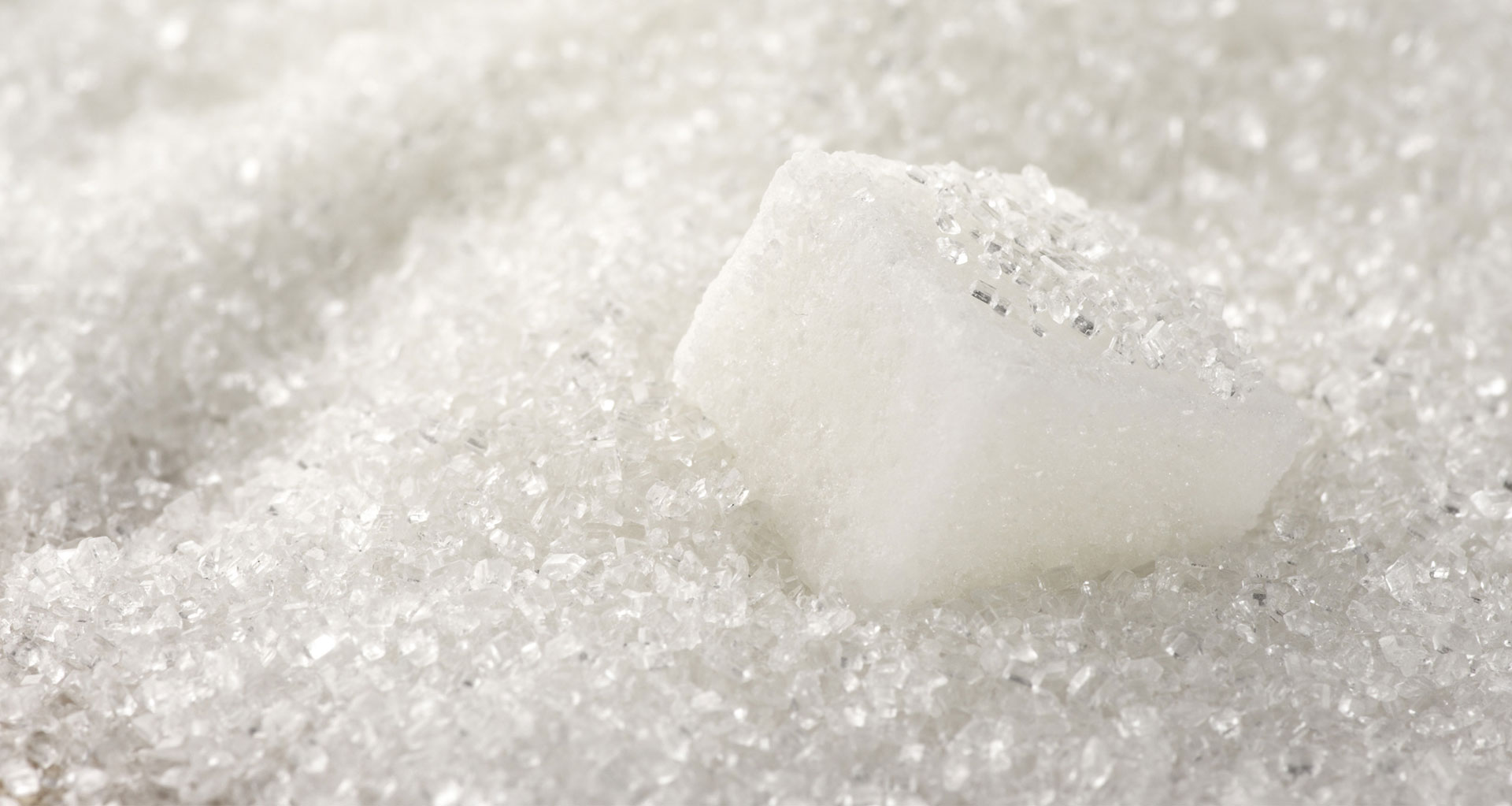February 17th, 2018 •
Comments Off on Why Protein Is Important For Adrenal Health

In those who experience adrenal fatigue, much of life can seem challenging. Between the struggles of balancing work, family and social life, the content of your diet can sometimes be little more than an afterthought.
When energy levels feel low, the most convenient, low-effort option is often the most appealing; however, it is these same low-effort, highly processed, high glycaemic-index (GI) foods which are the most damaging, and contribute to the symptoms of adrenal fatigue. Processed foods, high in simple carbohydrates and low in nutrition, result in sharp increases in blood sugar levels which can negatively impact upon mood, concentration and energy levels.
By instead opting for higher-protein alternatives it is possible to not only slow digestion (and thereby more steadily increase blood sugar levels), but in doing so, open yourself up to a host of other benefits.
Treating Adrenal Fatigue through Diet
There is no single method to effectively treat Adrenal Fatigue alone, but by making changes to your dietary habits, significant improvements can be observed. A treatment plan based on clinical experience outlined in Wilson (2015) recommends protein sources be combined with unrefined carbohydrates and good quality fats or oils. If you do this at every meal or snack it will improve nutrition and reduce the strain on stress responses and homeostatic processes.
Interestingly, Wilson (2015) specifically mentions that at least some of the daily protein intake must come from an animal source. This statement is made even in the face of Wilson himself being vegan at the time of the discovery, with Wilson saying that ‘I’ve yet to see a person with more than mild adrenal fatigue fully recover by only eating vegetable protein’. Wilson (2015) states that at the time of writing, the reason for this mechanism was unknown, however this may be due to inherent differences in the amino acid profiles of animal and vegetable proteins.
Amino acids are organic compounds composed of an Amine group, a Carboxyl group, and an R group side-chain (specific to each acid), which form the building blocks of proteins and give them their structure. Many Amino acids are produced within the body; however some essential amino acids can only be obtained through our diet.
Protein to supplement exercise
Along with the direct benefit to the digestive system, it is also important to increase protein intake to accommodate for the physiological demands of exercise and daily life. Regular, moderate exercise is one of the best methods for combating the symptoms of adrenal fatigue. Once activity is increased of course, so is the wear on the body, and so dietary intake of macronutrients must be increased to reflect this.

Protein is found throughout the body’s tissues, and the essential amino acids present in dietary protein are critical in providing the building blocks for the synthesis of new tissue for growth and repair. Around 0.36g per pound of body-weight (or 0.8g/kg) is recommended for optimal maintenance of muscle in the average sedentary adult individual, although these numbers can vary depending on age, gender and level of activity.
Neurotransmitters
The same amino acids which provide the building blocks for tissue synthesis have a dual role in stimulating the production of signalling molecules in the brain. Neurotransmitters norepinephrine and dopamine are manufactured in response to increased levels of the amino acid Tyrosine following ingestion of protein. These two neurotransmitters promote alertness and activity, helping to aid concentration and increasing energy levels for exercise and daily life, although these same neurotransmitters are depleted due to stress and lack of sleep, so as always, the benefits of eating protein upon this system are going to be mitigated by the changes made elsewhere in your life.
Nutrient supplementation
Protein supplementation alone is not sufficient in the treatment of adrenal fatigue, and should be accompanied by a carefully considered program of lifestyle modification, stress management techniques and dietary nutrient supplementation. With regard to the dietary overhaul required to address several factors associated with the condition, B-Vitamins, Vitamin C, Vitamin D and Magnesium have all been outlined for their roles in energy utilization, hormone production and promoting quality sleep. Vitamin C is crucial in the production of Cortisol, with supplementation in human trials associated with an increase in Cortisol levels via the pituitary adrenocorticotropic hormone (ACTH) route.
Sources of Protein
All Protein is not created equal, and you must be discerning in the sources you include in your meal plan. Animal sources such as Organic Eggs, Beef, Chicken, Wild-fish, and even organ meats such as Liver are all excellent choices to increase your protein intake. Of course, at least some of your protein should come from vegetable sources as well; Nuts and Seeds, Beans and Peas can all be included to up the protein content of your meals, as well as providing some much needed fiber to aid digestion.
As when making any changes to your diet, it is important not to go overboard in any one area. It is possible to have too much of a good thing, so while increasing the amount of protein you eat can be very good for your system, supplementation should always be made as part of a healthy, balanced diet. As previously mentioned, Low GI, unrefined carbohydrates are appropriate choices to steadily raise blood-sugar levels, and Fats obtained from sources such as Avocados, Coconut Milk, Coconut Oil, Olive Oil, Butter, Nuts, Grass-Fed Meats and Fish, all have a place in your diet.
Dietary protein supplementation can provide benefits not only to exercise populations but also to those with a sedentary lifestyle. Due to its digestive regulatory role, it is useful in mitigating spikes in blood sugar when consumed alongside high-carbohydrate foods. The presence of specific amino acids produced from the breakdown of proteins have been observed to produce desirable changes in the production of neurotransmitters critical to promoting alertness and raising energy levels, as well as providing the essential building blocks to the synthesis of tissue for growth and repair following exercise, and daily living. So try implementing some of these foods into your diet plan, and begin building towards a healthier you.
About the Author
Sally Phillips is a professional freelance writer with many years experience across many different areas. She made the move to freelancing from a stressful corporate job and loves the work-life balance it offers her. When not at work, Sally enjoys reading, hiking, spending time with her family and travelling as much as possible.













